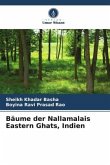
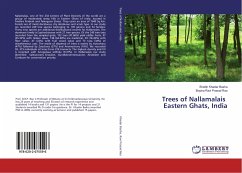
Broschiertes Buch
27. November 2017
LAP Lambert Academic Publishing
Broschiertes Buch
5. August 2024
Ediciones Nuestro Conocimiento
Broschiertes Buch
5. August 2024
Edições Nosso Conhecimento
Ähnliche Artikel
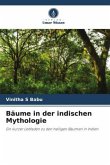
Broschiertes Buch
Ein kurzer Leitfaden zu den heiligen Bäumen in Indien
22. Juni 2022
Verlag Unser Wissen
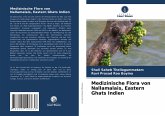
Broschiertes Buch
27. September 2021
Verlag Unser Wissen
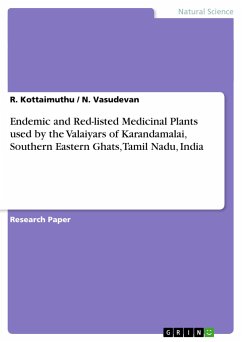
Broschiertes Buch
1. Auflage
3. März 2014
GRIN Verlag
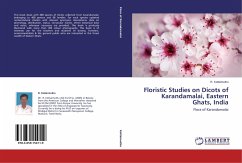
Broschiertes Buch
Flora of Karandamalai
19. Februar 2014
LAP Lambert Academic Publishing

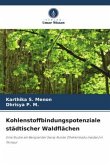
Broschiertes Buch
Eine Studie am Beispiel der Swraj-Runde (Thekkinkadu maidan) in Thrissur
20. Dezember 2022
Verlag Unser Wissen
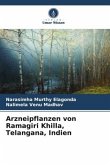
Broschiertes Buch
27. Juli 2022
Verlag Unser Wissen
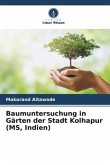
Broschiertes Buch
13. Juli 2022
Verlag Unser Wissen
Ähnlichkeitssuche: Fact®Finder von OMIKRON
